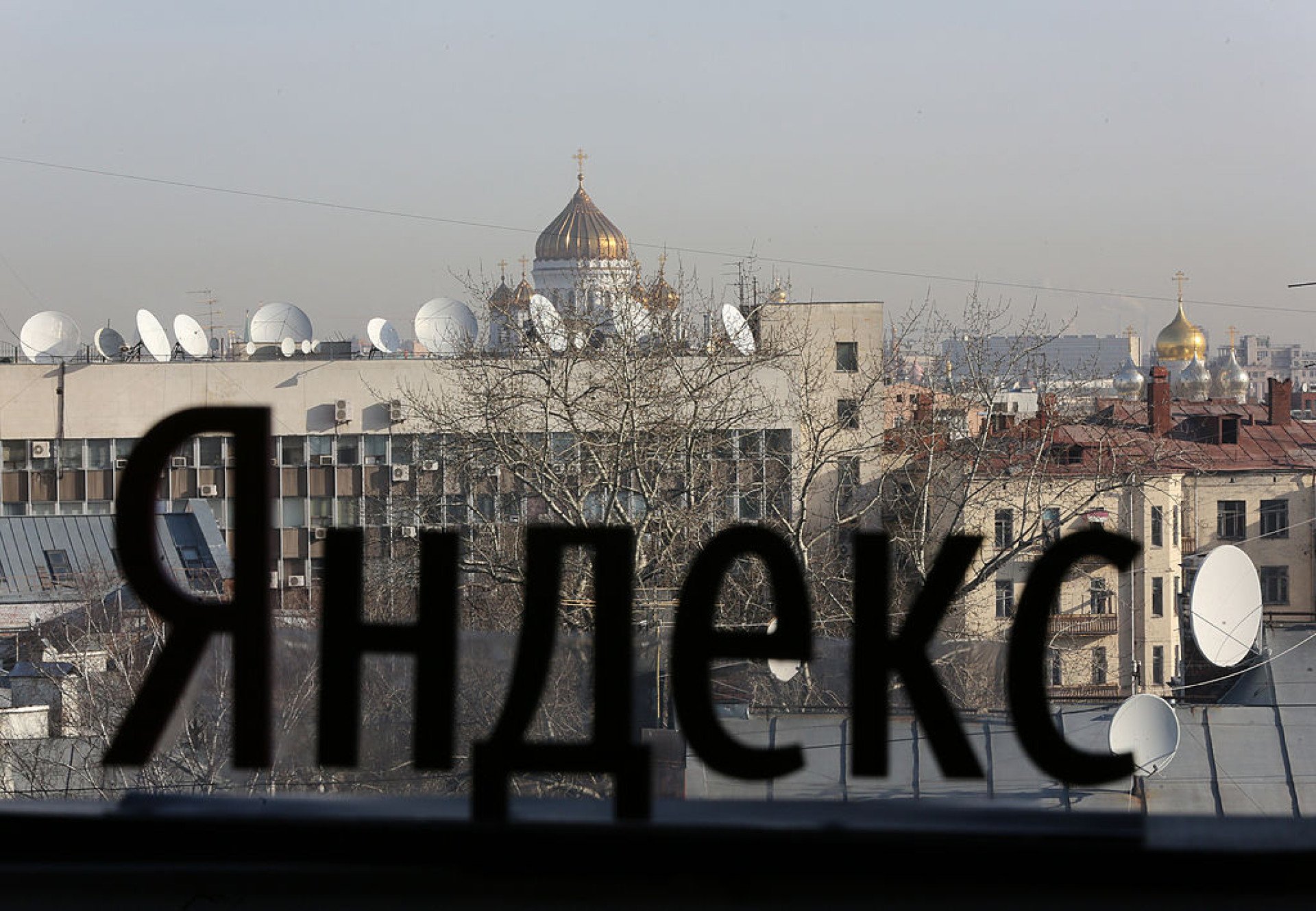- Category
- World
Russian Technological Business as a Tool of Soft Power in Neighboring Countries

The Russian tech industry is predominantly controlled by individuals close to the Kremlin, making it particularly dangerous.
In 2017, Ukraine imposed sanctions and blocked nearly all major Russian tech companies operating within its borders. This move was driven by national security concerns, as these companies were collecting data on Ukraine and its citizens. Many of these tech giants were already in the hands of individuals linked to Russian President Vladimir Putin.
Seven years later, this decision appears less surprising. The largest Russian tech company, Yandex, has been split into two parts, one of which has been transferred to private individuals connected to the government. However, this was not a case of a hostile takeover. As early as 2009, Yandex handed over a "golden share" to the state bank Sberbank, marking its openness to dialogue with the Kremlin.
Today, nearly all major Russian IT companies are under the control of local authorities. They are used for influence, data collection, propaganda dissemination, and controlling information flows.
For instance, the Russian government aims to undermine independent YouTube. Rather than banning it outright and creating an illusion of quasi-freedom of speech, they slow it down, making the service inconvenient to use while still technically accessible. As an alternative, they offer state-controlled Rutube or VK Video, part of VK, Russia's largest social network owned by the state holding Gazprom Media. Unfavorable information is deleted or blocked.
VK is a popular messenger not only in Russia but also in neighboring countries, with 90 million users spanning Russia, Belarus, Kazakhstan, Uzbekistan, Armenia, and more. Consequently, the Kremlin's narratives reach users in all these countries. Other products like Yandex and Mail.ru, also widely used in post-Soviet states, further this influence.
For example, Yandex sponsors the Yandex Park Live festival in Almaty, Kazakhstan, featuring many world-renowned artists. The problem lies in a state-associated company close to the Kremlin attempting to cleanse its reputation, at least in neighboring countries.
Yandex
Yandex was founded by two private entrepreneurs and became a full-fledged competitor to Google in the local market, with a larger market share than Google in Russia. It also had a significant presence in neighboring countries. As Yandex grew, it attracted increasing attention from the state, despite its NASDAQ listing.
A key service was Yandex.News, which aggregated news from various Russian media. For Putin and the Kremlin, it was unacceptable to have uncontrolled news on Russia's most popular web page.
In 2016, a law was passed requiring news aggregators like Yandex.News to verify the sources they use. If a publication was registered with Roskomnadzor, verification was unnecessary; otherwise, it was mandatory. Opposition media lacked such registration. To avoid issues with the authorities and hefty fines, Yandex.News quickly stopped using media not recognized by the Russian government. Consequently, news about protests, corruption, or opposition no longer appeared on Yandex’s main page, despite the company denying censorship accusations. Years later, the company admitted it had to comply with the new rules.
After the full-scale invasion of Ukraine, there were plans to split Yandex into two parts: an international business and a "Russian" one, though the company no longer operated solely in Russia. For instance, Yandex.Taxi operates in over 300 large cities across Russia, Belarus, Moldova, Armenia, Georgia, Kyrgyzstan, Kazakhstan, Lithuania, Serbia, and Uzbekistan, showcasing the company's influence in neighboring countries.
It was expected that the Russian business would be handed over to several oligarchs close to Putin: Vladimir Potanin, founder of Interros; Vagit Alekperov, co-owner of Lukoil; Ivan Tavrin, founder of Kismet Capital Group; the VTB group; and even members of the Russian State Duma. Due to sanctions against most of these individuals, buyers had to be changed on the fly, and the deal was closed in 2024.
Who will manage the company, under what conditions, and under whose influence remains unclear.
VK (formerly Mail.ru Group)
VK is one of Russia's largest internet companies, valued at $1.6 billion by Forbes in 2023. VK includes numerous popular services in Russia and neighboring countries: Mail.ru, social networks VKontakte, and Odnoklassniki, with a user base exceeding a hundred million people.
Until 2021, Alisher Usmanov, a Russian oligarch and one of Russia's richest men with close ties to Putin, owned a significant share of VK. In 2021, he sold over 57% of the company to Sogaz, a subsidiary of state-owned Gazprom. Sogaz has been under sanctions since 2022.
Vladimir Kirienko became the company's head, immediately implementing state propaganda through all available channels. Kirienko is known for his father, Sergey Kirienko, the first deputy chief of staff of the Presidential Administration of Russia.
Another influential figure in VK is Stepan Kovalchuk, responsible for VK's content projects. He is also notable for his relatives, being the grandson of Mikhail Kovalchuk, president of the Kurchatov Institute, and a grandnephew of Yuri Kovalchuk, co-owner of Bank Rossiya, a close friend of Vladimir Putin.
Soft power
Using money, scale, and capabilities, Russian companies quickly enter foreign markets, usually much smaller, and strive to dominate by flooding the market with funds and pushing out smaller local players, leading to sector monopolization.
For instance, Yandex's Yandex.Maps service operated in Ukraine for many years, collecting information about the country. Millions of users provided their data to a company now owned by people close to the Kremlin.
Today, technology is also a full-fledged tool of influence on entire countries, a technological weapon that allows for manipulation. The US and Europe are well aware of this, trying to block access to their state data from potentially threatening countries by blocking their services or imposing sanctions on entire companies. Should others follow suit?
-29a1a43aba23f9bb779a1ac8b98d2121.jpeg)

-206008aed5f329e86c52788e3e423f23.jpg)

-605be766de04ba3d21b67fb76a76786a.jpg)
-27ef304a0bfb28cb4215e5deede4a665.png)
-46f6afa2f66d31ff3df8ea1a8f5524ec.jpg)
